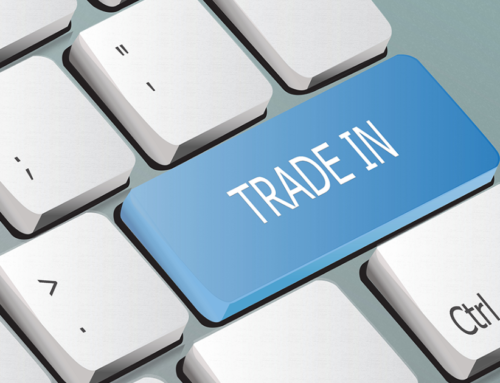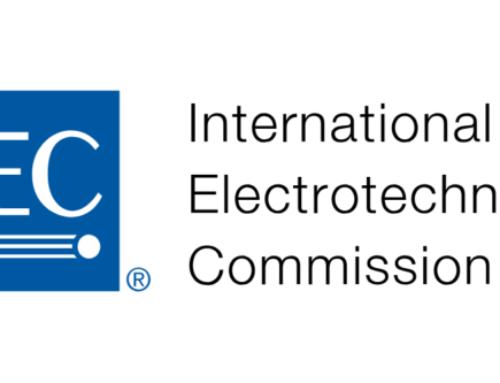On December 20, 2023, the State Administration for Market Regulation (SAMR) released an revised version of the Administrative Measures for Sector Standards (hereinafter referred to as the Administrative Measures). Sector standards are of significant importance in China This revised document is dedicated to regulate the sector standards in China. The essential content of the document includes the scope of standard formulation, the relationship between sector standards and national standards, patent disposal within sector standards, the adoption of international standards, foreign participation in sector standard formulation, and the transparency of sector standards. The Administrative Measures will enter into force from June 1, 2024.
Objective
The objective of the Administrative Measures is explained mainly from the following three aspects:
- To implement the standardization reform and meet the requirements for innovation, shifting from government-led to a balanced government-market approach in standard supply. Sector standards, as one of the government-led type of standards, is further regulated in the Administrative Measures to support the transformation.
- To solve the problems and challenges faced by sector standards. At present, there are many problems in the administration of sector standards, such as the inconsistent relationship with national standards or between sector standards, the out-of-scope development of sector standards, and the belated recordation issues, etc.
- To align with the adjusted responsibilities of state organs. Since 2018, the central government has deepened the reform of state institutions, the responsibilities of departments have been adjusted. The revision of Administrative Measures emphasize that industry authorities are to be responsible for the full life cycle of sector standards (i.e. development, implementation, review, follow-up surveillance) while SAMR is to play the supporting roles, such as providing general guidance and management, as well as support to recordation and information disclosure.
Main revisions
The revision of the Administrative Measures mainly includes the following five aspects.
- Specifying the voluntary nature of sector standards, and the scope for development.
- Clarifying the roles of industry authorities and the SAMR in terms of development and management of sector standards as aforementioned.
- Standardizing the formulation and management of sector standards, and further clarifying the process of formulating sector standards and the work requirements of each stage, such as the requirements for sector standards involving patents, the adoption of international and foreign advanced standards, and the participation of foreign-invested enterprises in the formulation and revision of standards and other social concerns.
- Promoting the effective implementation of sector standards, and further clarifying the requirements for sector standards review, information feedback collection and evaluation.
- Strengthening the operational and post-operational oversight for sector standards, the establishment of supervision and spot check, self-supervision and social supervision work mechanism, and clarifying all kinds of measures for noncompliance.
Institutional opening-up
The institutional opening efforts are reflected in the Administrative Measures from two aspects:
- Standard-wise: the Administrative Measures clarify the requirements in terms of adoption of international standards or foreign standards, development of foreign versions of sector standards; (Article 16)
- Development-wise: the Administrative Measures highlight the protection of equal participation of foreign invested business to participate in the standard development/revision. (Article 13)
The important point to note is that, even though the sector standard is considered voluntary under the new Administrative Measures (Article 4), there is still a possibility that other regulations may refer the sector standards, thereby making them mandatory. In practices, the sector standards have held an equal position to national standards for a long time. In the machinery industry, for instance, numerous sector standards are currently in use and are even referenced by market access schemes, effectively becoming mandatory requirements for products, such as JB/T3244 battery reach trucks, JB/T9012 side-loading trucks, and JB/T3300 counterbalanced fork-lift trucks–testing method for whole machines. These standards are compulsory due to the fact that they are referenced in the Regulation on Safety Technology for Special Purpose Motor Vehicles in Special Fields. Therefore, foreign stakeholders are advised to monitor and even participate in the formulation of sector standards in case that they are referenced by regulations.




